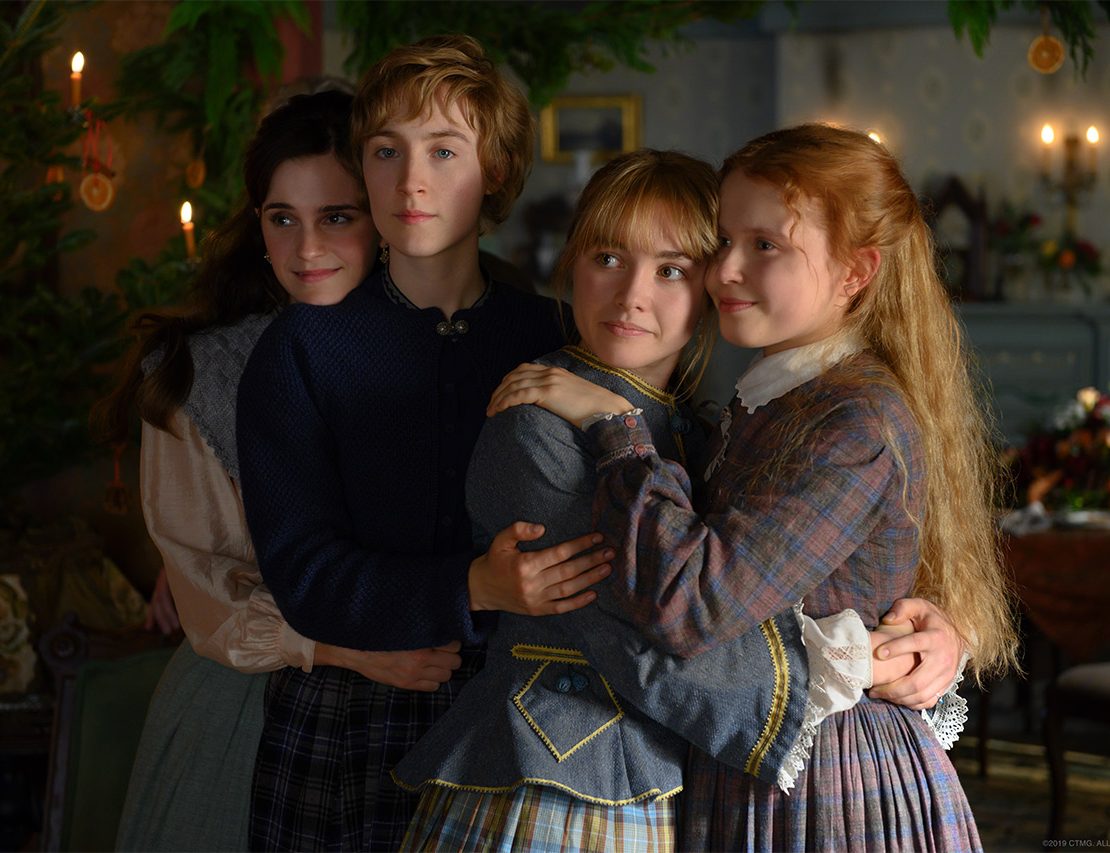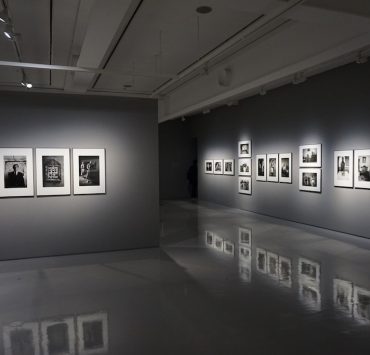“Women have minds and souls as well as just hearts, and they’ve got ambition and talent as well as just beauty. And I’m sick of people saying that love is all a woman is fit for.”
Caught in a rage for recognition, Jo March, the central figure of “Little Women,” exclaims to her mother as she realizes the bereavements of being a woman in a patriarchal society. This specific line packs all the themes, emotion and passion the movie encapsulates, and it sets the scene for a richer, more pertinent movie adaptation of the classic novel.
“Little Women” is simply a story about four sisters. There’s sibling rivalry, romance and drama. They have dreams and aspirations as much as any person should have. All of which are things you would naturally expect from a family-centered plot. However, what makes it timeless is that in between a casual tale of four sisters striving for their dreams is an underlying element of a society that never favored their gender, a classist system that bowed their heads to the rich and a forsaken choice between family or career.
Who’s behind the scene
After a number of stage and screen adaptations of the 150-year-old novel, Greta Gerwig’s “Little Women” is a standout against its predecessors. With the same youthful energy that captured the hearts of many in “Lady Bird,” she crafts this movie with an outright understanding of the complexities and simplicities of being a woman. It’s evident that she took this movie to heart and treated it as a passion project rather than just a job. By doing so, she was able to fashion a modern flair into a midcentury backdrop.
The characters are brought to life by a seasoned cast of veterans and young talents who all work seamlessly together. Saoirse Ronan plays the fierce Jo March, Emma Watson takes on the role of the doting eldest sister Meg, Florence Pugh continues her role of hot-headed characters after Midsommar as Amy and budding star Eliza Scanlen plays the quiet and gentle Beth. The internet’s favorite boy Timothee Chalamet takes on the role of Jo’s romantic interest Laurie. To top it off, the the iconic Laura Dern and Meryl Streep both play the mother and aunt. With a cast like that, it’s right to expect that this movie was set for higher expectations.
Feminism characterized
“The world is hard on ambitious girls.” Amy says as a sentiment to how her talent for painting would stay a hobby, and not a source of livelihood. Each of the girls hone a creative skill: Meg is an aspiring actress, Jo is a passionate writer, Amy is a skilled painter and Beth is a talented pianist. In the scenes of their childhood, we see them happily engaging in these activities. But as they grow older, reality crashes down and they’re left to learn that their talents are for naught in their society because of the belief that a woman’s success can only happen if they marry a rich man.
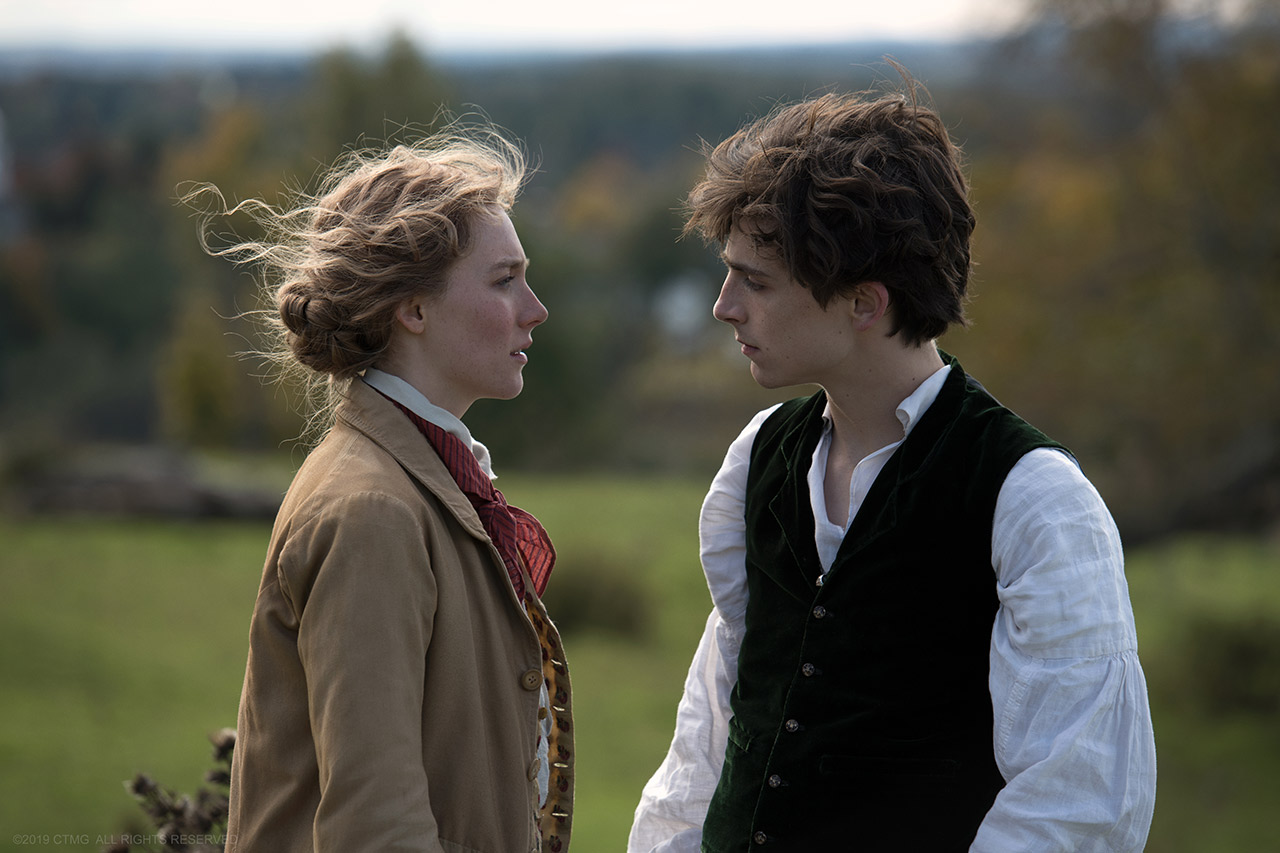
Enter Laurie, a charismatic boy who becomes a dear friend to the March sisters. However, romance comes to play and a love triangle between Jo, Amy and Laurie ensues. This plot is a main factor as to what makes the movie modern. It captures young and stubborn love in all its honesty, stemming from a struggle for independence. It sheds light on a healthy relationship between a man and a woman despite society’s stereotypes. It showcases sisterhood with all its quarrels and resolutions. This is how Gerwig shows feminism, not through insinuating acts of rebellion but through the simple act of having a woman be, having her live without the need for permission and dream without a hindrance to her vigor.
This is how Gerwig shows feminism, not through insinuating acts of rebellion but through the simple act of having a woman be
And when push comes to shove, women will fight back. When a family member faces a sickness, when they’re struggling with money, when love turns to hurt and outrage, the sisters work thrice as hard. Throughout the film, there’s a steady push and pull of patriarchy versus persevering women. While we are witnessing a fervent fight by women to be given more recognition, we are still reminded that this task isn’t easy, that at the end of the day, all the blood, sweat and tears shed for a touch of success might not have been worth it.
Age-old reminders
In 1868, when Louisa May Alcott wrote the book, women were facing these restricting stereotypes: that women are just meant to be wives. This belittled chances of being employed, pursuing talents and living independently. Fast forward today and you’d think we’d have probably learned by now that women deserve equal rights as men.
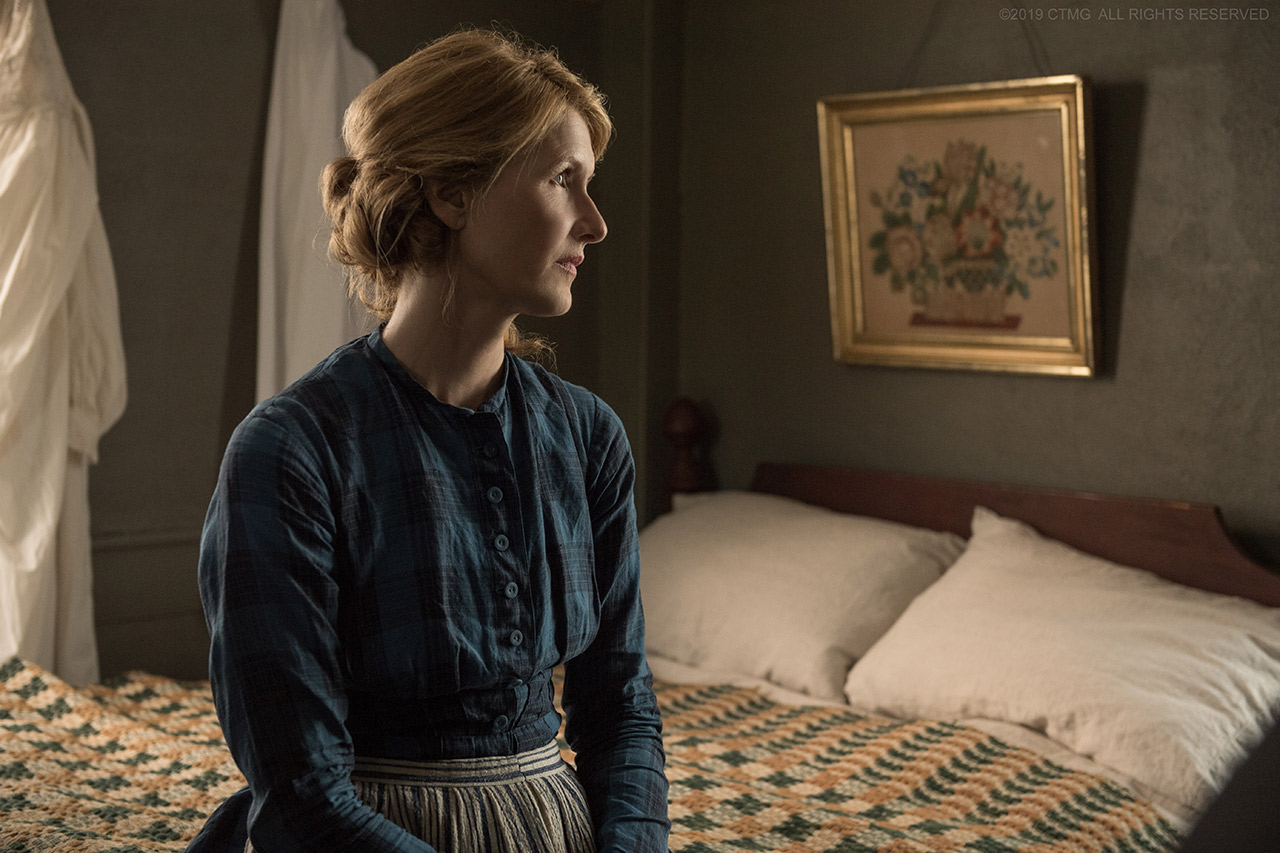
Yet, we continue to face gender inequality. Women in the workforce earn less than men. Women are still objectified and judged for not following tradition. In the movie, Marmee, the sisters’ mother, says “I’ve been angry every day of my life,” because while the story plays along the tropes of romance and family, it still commits to expressing the hardships of social inequality.
Written in
The true grit of the movie is found in its words: from Gerwig’s screenplay that captures the details of expression in the characters’ actions—how Jo’s tomboyish outfits signify a break in gender norms, how Amy’s deep scowl foreshadows her reckless actions, how Meg’s dress shows a hidden desire for luxury—to the actual dialogue between the characters. As much as Jo is writing about her life, Gerwig is writing about her own sentiments.
In the movie, Jo says “Writing doesn’t confer importance. It reflects it.” To this, Amy replies “Writing things is what makes them important.” It’s a telling note of how significant the writing is in this film. We find other bits of Gerwig’s stellar writing in the movie. With lines like “I can’t afford to starve on praise,” and “It’s possible to be right and foolish” injected into casual conversations, we’re reminded that good writing does not have to be strung with highfalutin words, it’s simply building a connection through words.
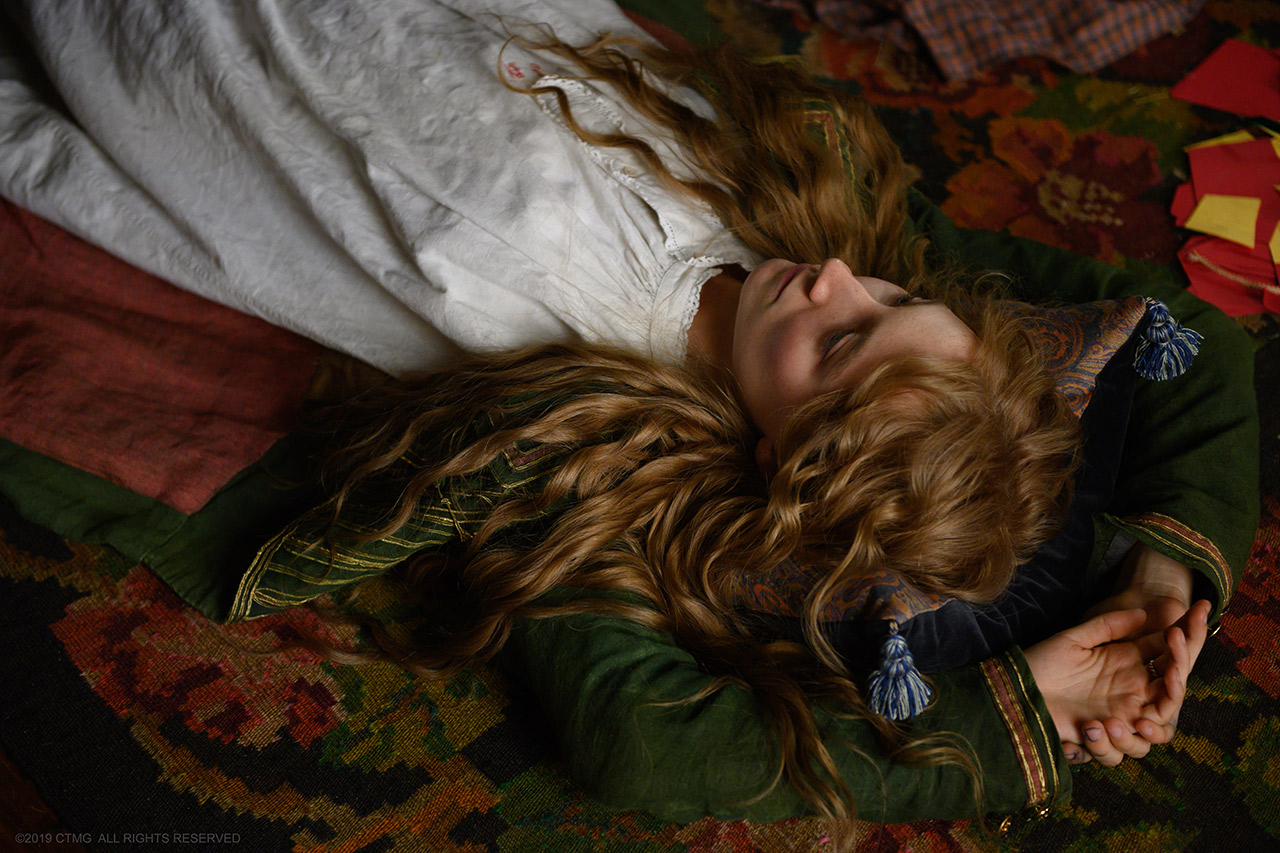
When Jo finishes her book and tries to sell it to a publisher, we witness a long, frustrating negotiation for her to get her talent’s worth. She sells her story’s heroine in exchange for money, and this is what being a little woman is actually about—having a shift in morals brought about by a case of desperation. And throughout the movie, we see this struggle, this irony that the little women are all grasping to not be little.
In “Little Women,” women fall in love, women choose not to fall in love, women follow their hearts, women are rowdy, women talk back and women fight. It’s a testament to the basics of feminism told through a complex tale of love and loss and complemented with sharply defined characters. Overall, the film is delightful, painful and, most of all, a tribute to a woman’s worth.
Header and featured photos courtesy of Sony Pictures
Get more stories like this by subscribing to our weekly newsletter here.
Read more:
‘Birds of Prey’ features fantabulous visuals, but not substance
‘Toy Story 4’ is still a sweet, emotional ride about moving forward
Women in Philippine history you should know about
Writer: THEA TORRES

